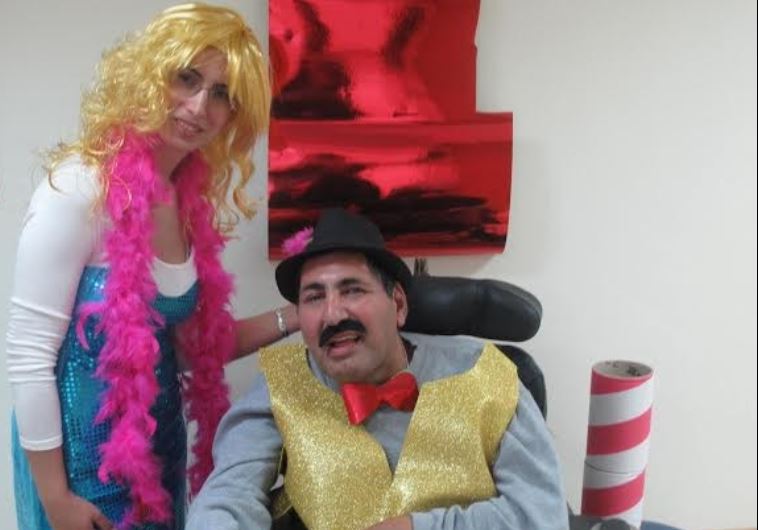Helping the needy by fulfilling the four mitzvot of Purim
olel Chabad charity ensures that those less fortunate were also able to partake in the holiday celebrations.
 Purim Party at Colel Chabad Grabski Center for people with degenerative diseasesUpdated:
Purim Party at Colel Chabad Grabski Center for people with degenerative diseasesUpdated: